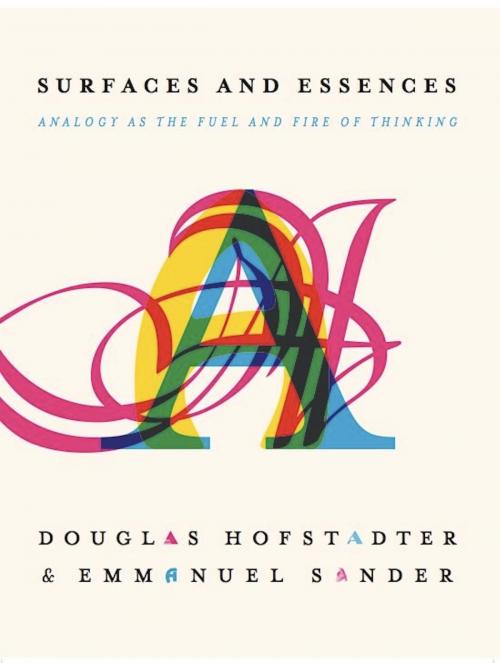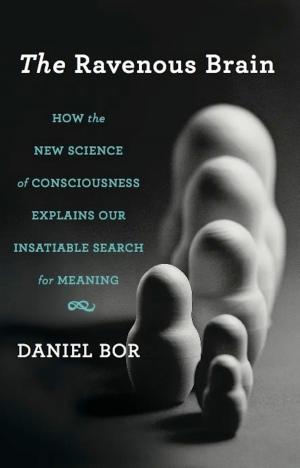Surfaces and Essences
Analogy as the Fuel and Fire of Thinking
Nonfiction, Science & Nature, Science, Other Sciences, Philosophy & Social Aspects, Religion & Spirituality, Philosophy| Author: | Douglas Hofstadter, Emmanuel Sander | ISBN: | 9780465021581 |
| Publisher: | Basic Books | Publication: | April 23, 2013 |
| Imprint: | Basic Books | Language: | English |
| Author: | Douglas Hofstadter, Emmanuel Sander |
| ISBN: | 9780465021581 |
| Publisher: | Basic Books |
| Publication: | April 23, 2013 |
| Imprint: | Basic Books |
| Language: | English |
Is there one central mechanism upon which all human thinking rests? Cognitive scientists Douglas Hofstadter and Emmanuel Sander argue that there is. At this core is our incessant proclivity to take what we perceive, to abstract it, and to find resemblances to prior experiences—in other words, our ability to make analogies.
In The Essence of Thought, Hofstadter and Sander show how analogy-making pervades our thought at all levels—indeed, that we make analogies not once a day or once an hour, but many times per second. Thus, analogy is the mechanism that, silently and hidden, chooses our words and phrases for us when we speak, frames how we understand the most banal everyday situation, guides us in unfamiliar situations, and gives rise to great acts of imagination.
We categorize because of analogies that range from simple to subtle, and thus our categories, throughout our lives, expand and grow ever more fluid. Through examples galore and lively prose peppered, needless to say, with analogies large and small, Hofstadter and Sander offer us a new way of thinking about thinking.
Is there one central mechanism upon which all human thinking rests? Cognitive scientists Douglas Hofstadter and Emmanuel Sander argue that there is. At this core is our incessant proclivity to take what we perceive, to abstract it, and to find resemblances to prior experiences—in other words, our ability to make analogies.
In The Essence of Thought, Hofstadter and Sander show how analogy-making pervades our thought at all levels—indeed, that we make analogies not once a day or once an hour, but many times per second. Thus, analogy is the mechanism that, silently and hidden, chooses our words and phrases for us when we speak, frames how we understand the most banal everyday situation, guides us in unfamiliar situations, and gives rise to great acts of imagination.
We categorize because of analogies that range from simple to subtle, and thus our categories, throughout our lives, expand and grow ever more fluid. Through examples galore and lively prose peppered, needless to say, with analogies large and small, Hofstadter and Sander offer us a new way of thinking about thinking.















